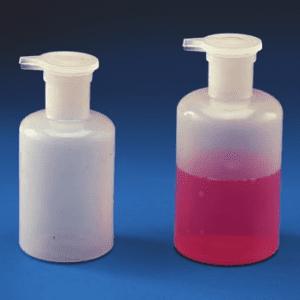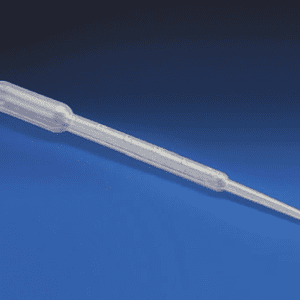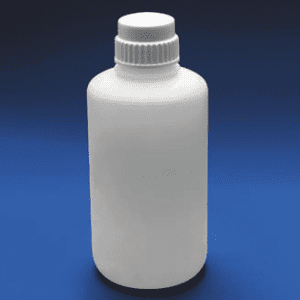Description
MEDILAB Micro Test Plates are precision-moulded assay plates designed for ELISA, immunoassays, cell-based studies, and multi-channel pipetting workflows. Manufactured from optically clear, non-toxic polystyrene, these plates deliver outstanding uniformity across wells for accurate and reproducible results. Their high transparency and stable construction make them essential for research labs, diagnostic centres, and industrial testing environments requiring consistent assay performance.
Key Features
- Optically clear polystyrene ensures excellent visibility for colourimetric and optical assays.
- Available with U-bottom or flat-bottom wells for versatile assay applications.
- Uniform well placement supports precise multi-channel pipetting and reduces cross-well variability.
- Alpha-numeric indexing for quick identification and efficient plate mapping.
- Designed for high reproducibility, ideal for ELISA and high-throughput screening.
- Available in non-sterile or radiation-sterilised formats depending on testing requirements.
- Durable and dimensionally stable for consistent performance in automated systems.
Material Specifications
- Material: Premium-grade Polystyrene (PS)
- Properties: High optical clarity for accurate measurement. Chemically inert to commonly used assay reagents. Smooth surface finish to minimise sample adhesion. Rigid and stable for precise multi-well alignment
- Standards: Manufactured under controlled conditions following international laboratory plasticware norms (ISO-compliant production)
Technical Specifications
- Capacities: As per the standard size table
- Dimensions: Standard microplate footprint compatible with most lab equipment
- Tolerance: Precision-moulded wells for uniform volume distribution
- Calibration: Not required; each well is designed for consistent accuracy
- Accessories: Standard transparent construction; no additional accessories required
Handling & Precautions
- Suitable for general assay use; avoid autoclaving, as polystyrene is heat-sensitive.
- Clean using mild laboratory detergents; avoid alcohols and aggressive solvents that may cause stress cracking.
- Store in a clean, dust-free environment to maintain optical clarity.
- Do not expose to temperatures above 70°C or direct flames.
- Use compatible pipette tips and avoid scratching the well surface to preserve optical accuracy.
Applications
- Ideal for ELISA, immunoassays, absorbance-based assays, sample holding, and high-throughput screening.
- Used extensively in pharmaceutical R&D, biotechnology labs, diagnostic laboratories, QC/QA departments, and academic research.
- Supports workflows involving multi-channel pipettes, automated plate readers, and assay robots.
- Suitable for routine testing, clinical diagnostics, and analytical research requiring uniform and reliable microplate performance.







